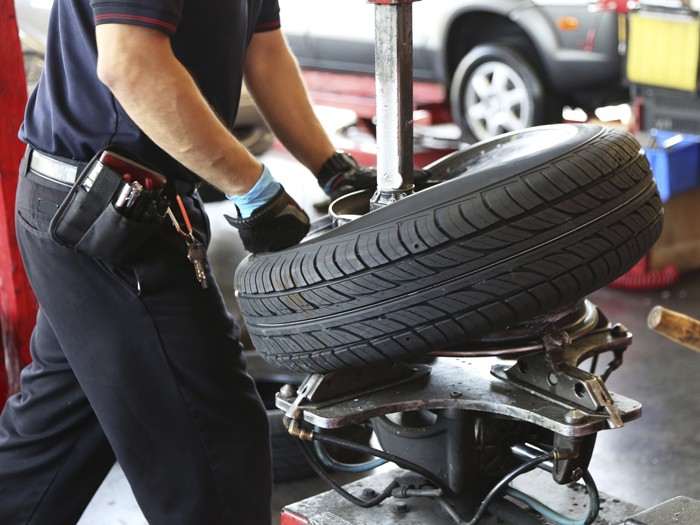Legal Developments
Okla. Exclusive Remedy Case Closely Watched

A brief, two-page court decision is threatening to turn the Oklahoma workers’ compensation law on its ear. But at least one expert believes the state Legislature will move quickly to resolve the situation.
The ruling by a Pottawatomie County district judge allows a worker to proceed with a lawsuit against his employer for an injury he sustained a few weeks after Oklahoma’s workers’ comp reform law took effect. Among the changes was going from a court-based to an administrative system. The court said that, based on the language in the reformed law, the worker’s injury does not constitute a compensable injury.
The law now “requires that an ‘accident’ must be ‘unforeseen’ to be compensable as a workers’ compensation injury under Title 85A, the statutory workers’ compensation scheme in Oklahoma,” the court said. “That plaintiff’s injury was foreseeable, and therefore, it does not fit within the definition of a compensable injury under Title 85A.”
With that, the court denied the motion by Morgan Tire & Auto to dismiss the case brought by Darrell Duck. Duck’s injury last February “was certainly foreseeable,” according to a brief his attorney had submitted. “He worked around dangerous equipment in a tire shop. It is reasonably foreseeable and probable that employees working in such a work environment may suffer personal injury.”
The reformed law redefines compensable injury to mean an event that was:
“The purpose of that is to confirm the employee wasn’t planning to get hurt,” said Bill Minick, an attorney and the president of PartnerSource. “It was intended to look at ‘unforeseen’ from the insured person’s perspective.”
Instead, the applicant’s attorney used it to indicate workers’ comp is a fault-based concept, and the employer ‘foresaw’ the potential accident and “failed to take steps to avoid it,” Minick said. “Now we are talking about this fault based interpretation that creates a problem with the exclusive remedy rule. The plaintiff succeeded in convincing the court that virtually every injury is foreseeable and therefore there is no workers’ comp benefit payable on virtually every claim, and therefore there is no exclusive remedy.”
Minick believes the effort is an attempt by the plaintiffs’ bar to strike down the new law and return to the court-based, “heavily litigated” system.
“It’s a very bad outcome for employers, but it’s a drafting error in the statute that will simply be fixed by the legislature,” Minick said. “They have those four words that all say the same thing, but ‘unforeseen’ — that’s problematic and doesn’t really belong in a no-fault system.”
Observers predict the decision will be challenged. “I anticipate both parties will independently ask the [state] Supreme Court to retain the appeal because of the chaos that will result from injured workers suing employers in district court, rather than seeking a remedy before the Workers’ Compensation Commission,” said plaintiff’s attorney Bob Burke in a blogpost. In court briefs, Burke has said the new law “contains unconstitutional provisions which deny an injured worker’s right to an adequate remedy.”
Minick predicts the legislature will act quickly to remove the word “unforeseen” from the law.









